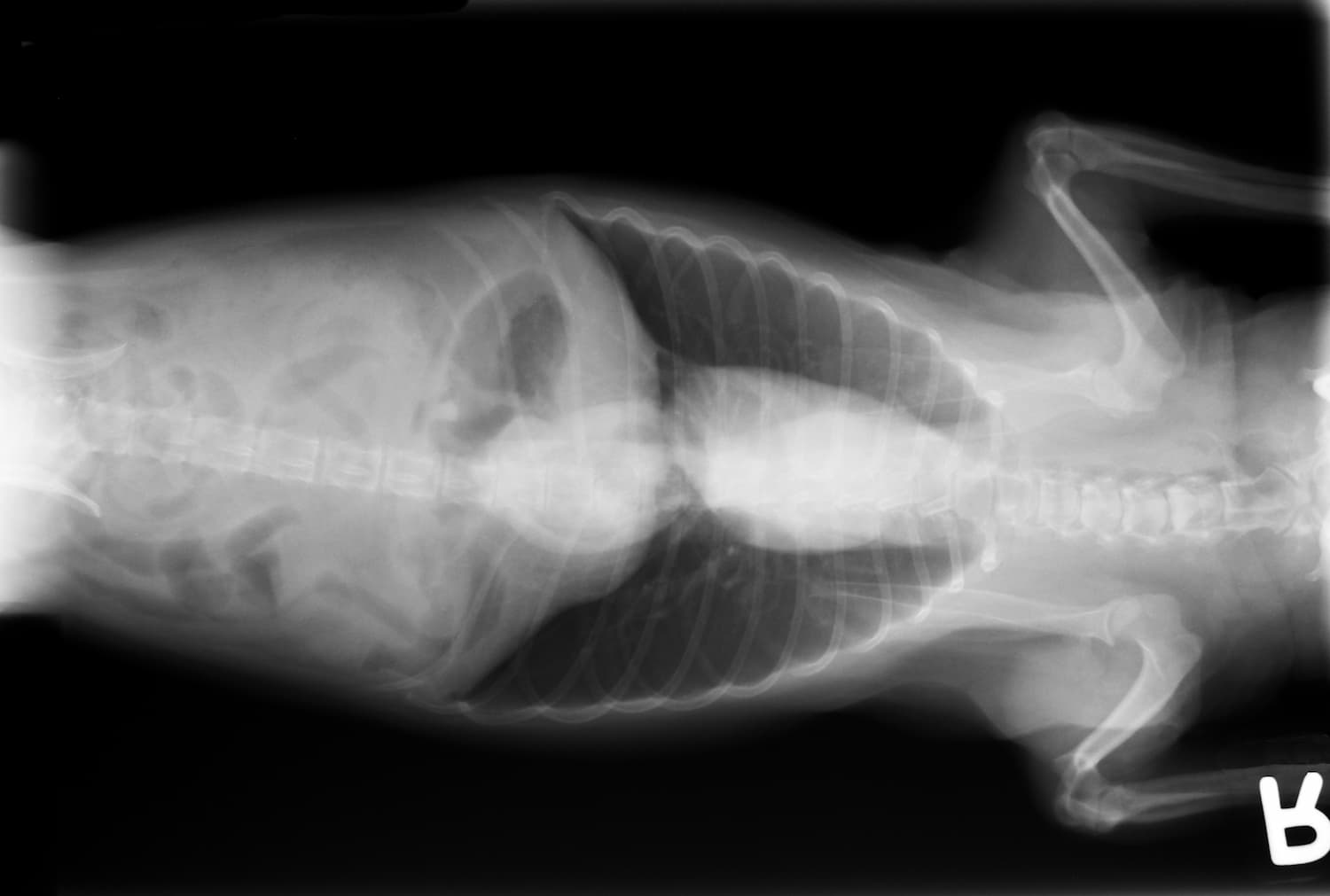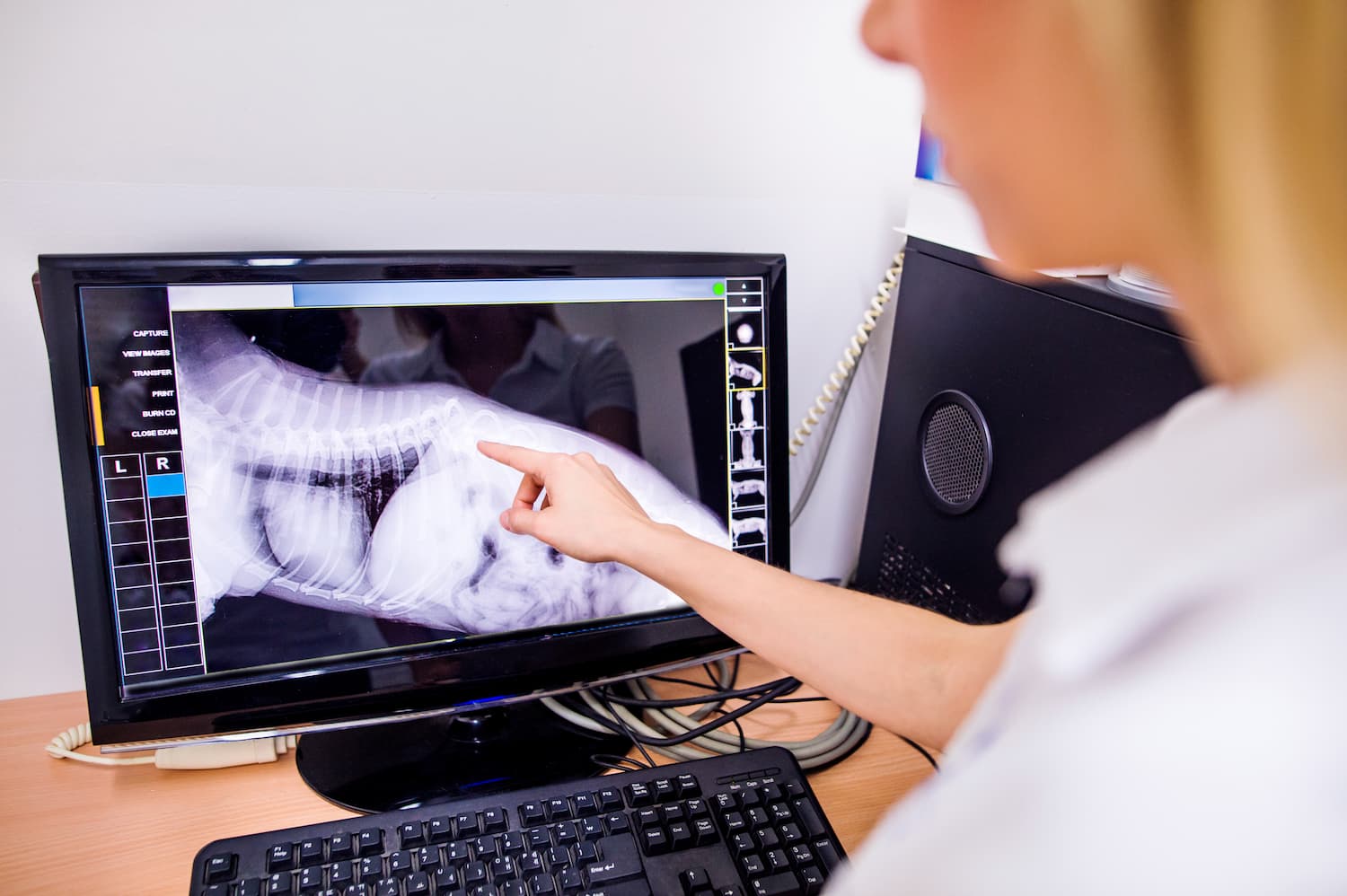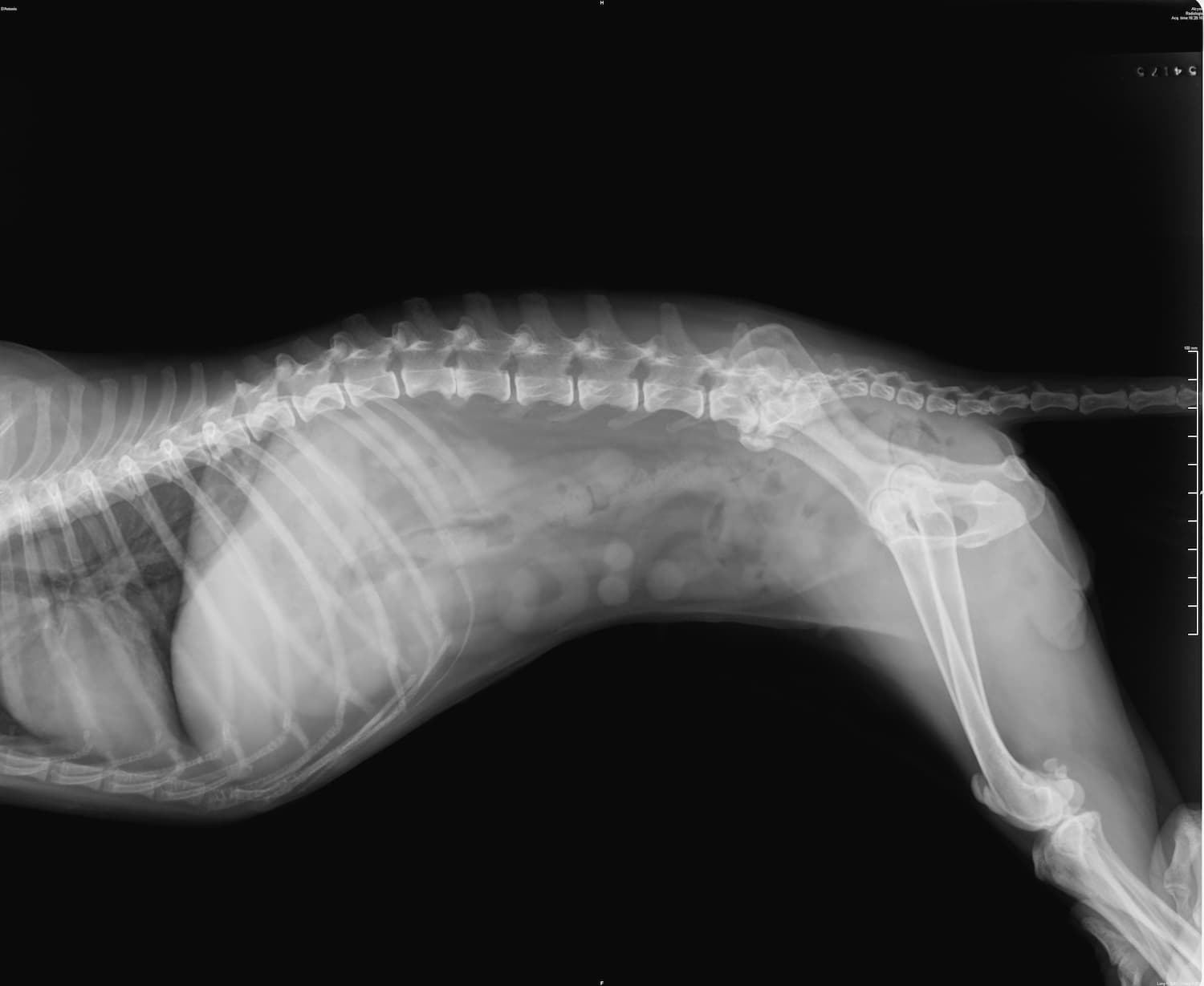Radiology: Advanced Imaging for Accurate Diagnosis
Your pet deserves the best and most thorough care. Our highly trained staff uses the latest radiology equipment and techniques to diagnose your pet. X-rays allow us to see what’s below the surface. Digital X-rays are a non-invasive tool we use to assess your pet’s skeletal health, organs, and body while providing you with images to better understand your pet’s physical condition for better prevention and treatment.
Ultrasound: Non-Invasive Insight into Your Pet’s Health
We use ultrasound technology to create images (or sonograms) of your pet’s body for an accurate analysis. Ultrasound provides us with a means of non-invasive evaluation of your pet’s physical condition. From emergencies to organ health, we can see below the surface with our ultrasound equipment to provide quality veterinary care for your pet’s wellbeing.
Internal Medicine: Comprehensive Care for Complex Conditions
This veterinary specialty deals with the prevention, diagnosis, and treatment of diseases that originate in specific body systems. These include the endocrine, gastrointestinal, immune, lymphatic, renal, respiratory, and urogenital systems. Our experienced veterinarians are equipped to handle a wide range of internal health issues, ensuring your pet receives comprehensive care for any complex condition.

The Importance of Diagnostic Testing
Diagnostic testing is a foundantional component of veterinary care, as it allows us to detect underlying health issues before they become serious problems, as well as detect the cause of issues affecting your pet. Through various diagnostic tools such as blood tests, urinalysis, digital radiology, and ultrasound, we can gain a comprehensive understanding of your pet’s internal health. Early detection of conditions like infections, organ dysfunction, and metabolic disorders enables timely and effective treatment, often preventing more severe health complications down the line.
Regular diagnostics are essential for monitoring chronic conditions, assessing the effectiveness of treatments, and ensuring your pet maintains optimal health. By prioritizing diagnostic testing, we can provide the best possible care for your pet, ensuring a longer, healthier, and happier life.
How Diagnostic Testing is Used
Diagnostic testing helps us detect early signs of disease, monitor ongoing health conditions, and tailor treatments to meet your pet’s specific needs. Here are some ways diagnostic testing is used in veterinary care:
- Blood Tests: Assess organ function, detect infections, and identify metabolic disorders.
- Urinalysis: Evaluate kidney function, detect urinary tract infections, and identify diabetes or other metabolic diseases.
- Digital Radiology (X-rays): Visualize bones, joints, and internal organs to diagnose fractures, arthritis, tumors, and other conditions.
- Ultrasound: Create detailed images of internal organs to detect abnormalities such as tumors, cysts, and organ dysfunction.
- Fecal Exams: Identify intestinal parasites and infections that can affect your pet’s digestive health.
- Cytology and Biopsies: Examine cells and tissues to diagnose infections, inflammation, or cancer.
- Allergy Testing: Identify environmental or food allergies that may be affecting your pet’s health and comfort.
- Electrocardiograms (ECG): Monitor heart function and detect abnormalities such as arrhythmias or heart disease.


Frequently Asked Questions
Our FAQ section aims to provide you with quick and helpful answers to common questions about our diagnostic services. Whether you’re concerned about your pet’s health or just looking for more information, you’ll find valuable insights here.
What types of conditions can be diagnosed with X-rays?
X-rays can diagnose a variety of conditions, including fractures, tumors, and screening for abnormalities in the heart, lungs, and abdominal organs.
How is an ultrasound different from an X-ray?
Ultrasound uses sound waves to create images of the inside of the body, which is especially useful for examining soft tissues, while X-rays use radiation to image bones and dense structures.
What is internal medicine in veterinary care?
Internal medicine focuses on diagnosing and treating diseases that affect specific internal systems such as endocrine, gastrointestinal, immune, renal, respiratory, and urogenital systems.
Is the diagnostic process stressful for my pet?
We strive to make the diagnostic process as stress-free as possible for your pet, using non-invasive techniques and providing a calming environment.
How should I prepare my pet for a diagnostic appointment?
Generally, you should follow any specific instructions provided by our team, which may include fasting or limiting activity prior to the appointment.